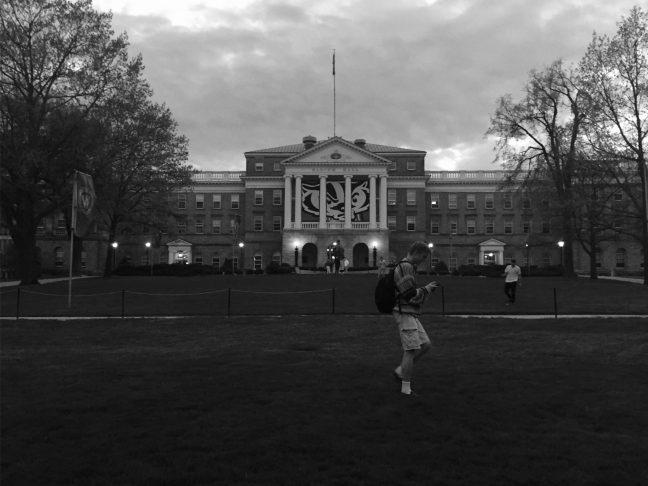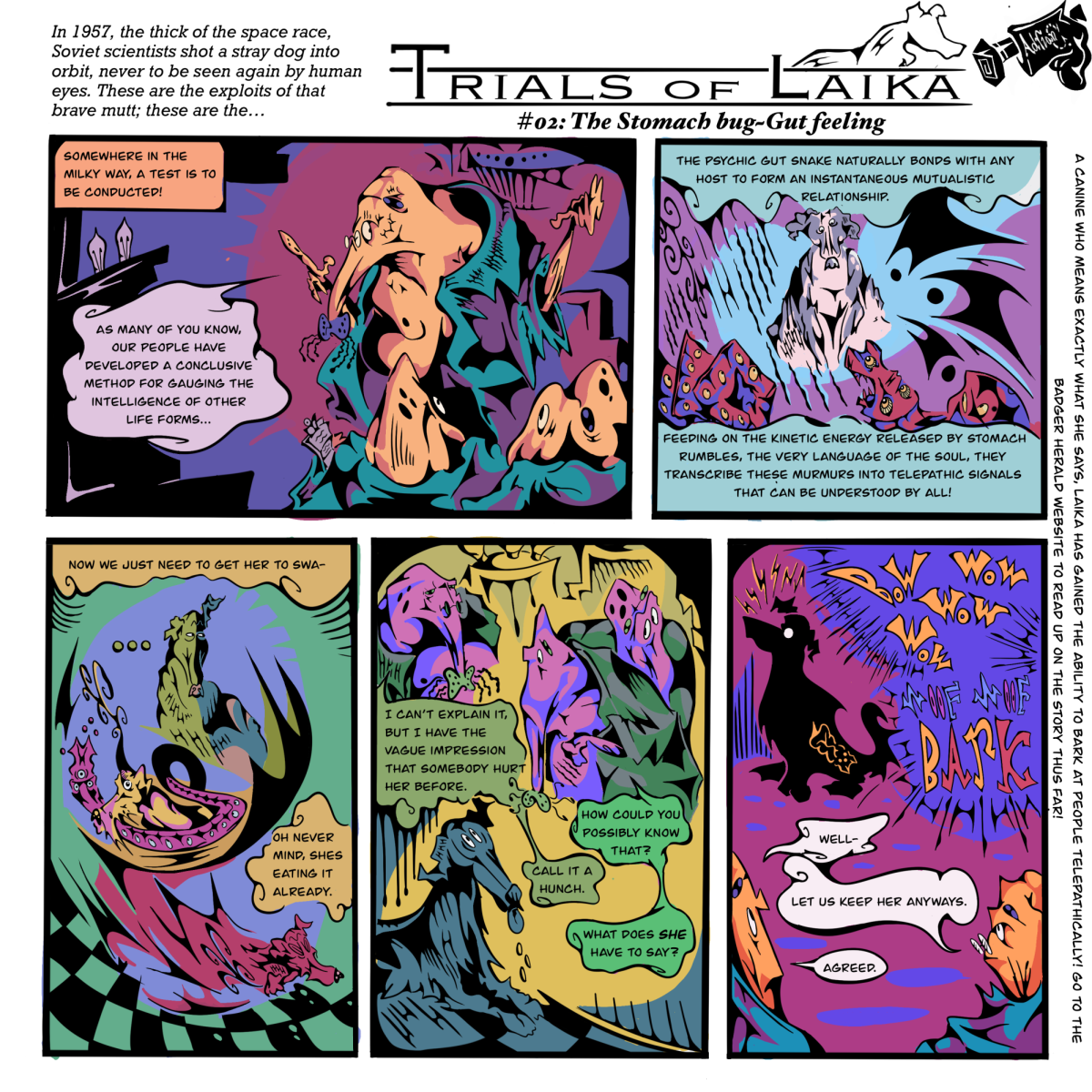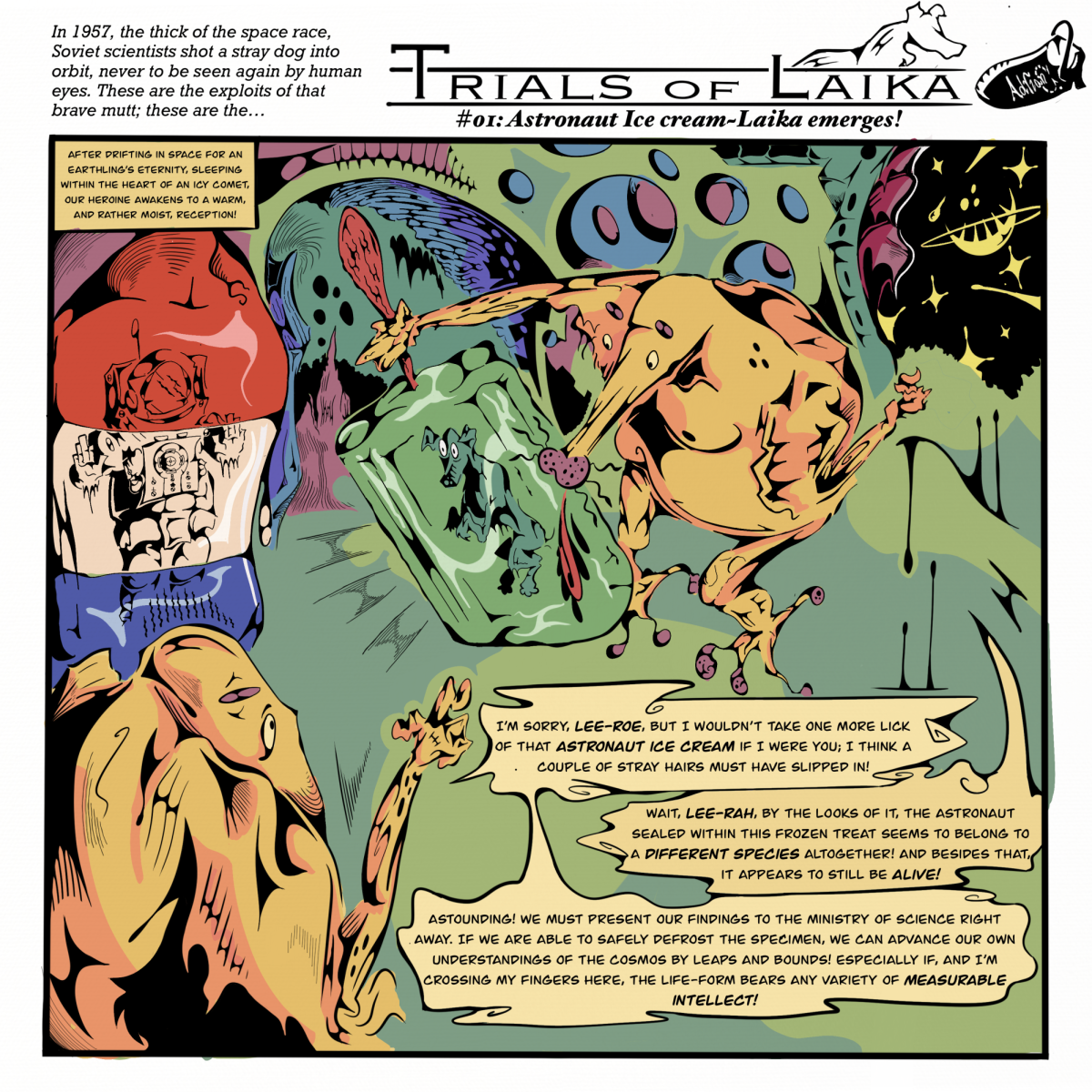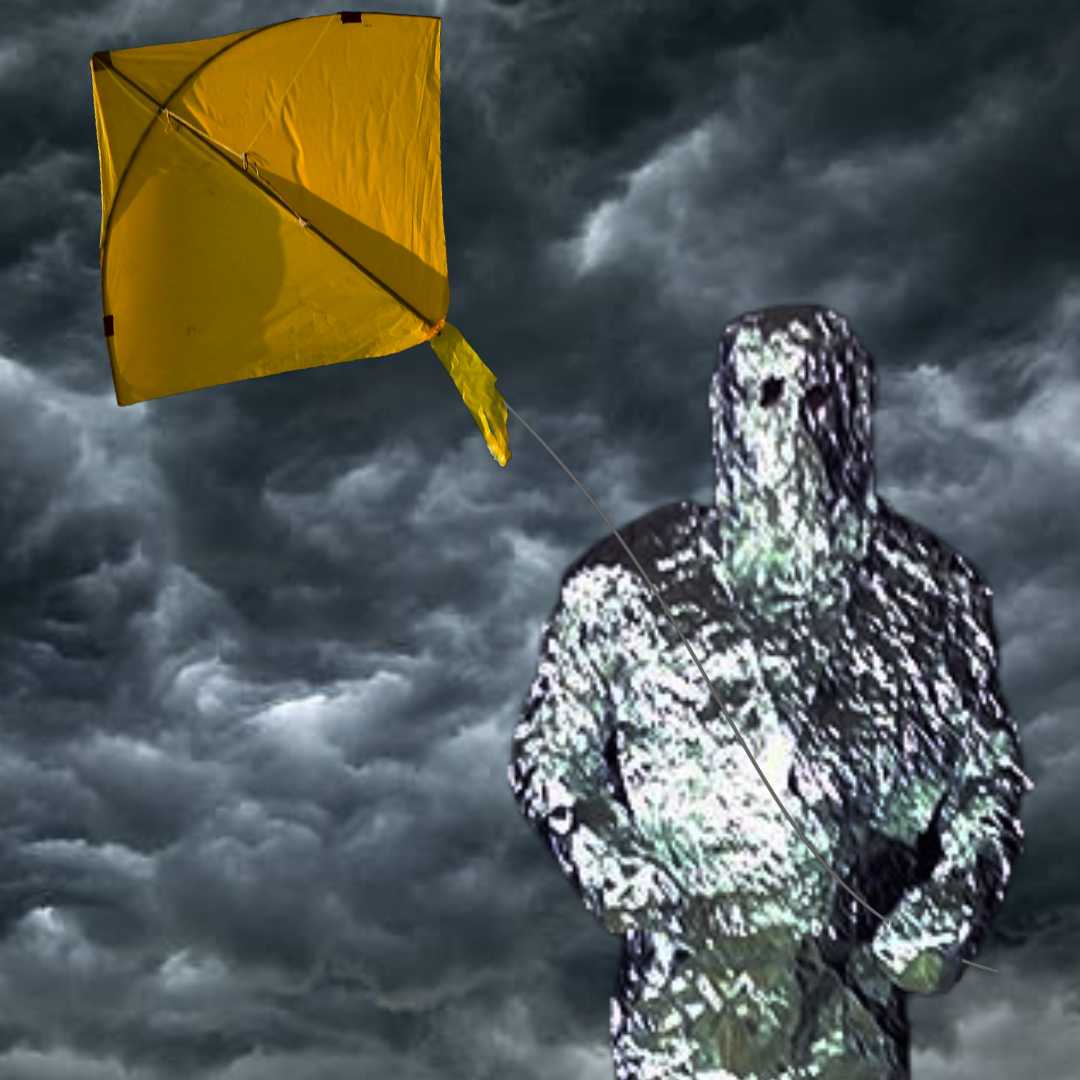Freshman Cory Bentz was just trying to get to class when he passed out walking up Bascom Hill at the University of Wisconsin, causing what many experts are calling the worst human avalanche since 2007.
His limp form rolled down Bascom’s steep gradient like a log, clocking a speed upwards of 30 miles an hour before tearing through the legs of junior Avery Johnson.
“One minute I was walking, the next I was part of a human avalanche,” Johnson said. “I mean, everyone hears stories about the human avalanches on Bascom, but you never think that it can happen to you.”
Trying to find happiness while taking O-chem? Here’s a guide
Despite descending more than two hundred feet in a matter of seconds, Johnson said she escaped uninjured, crediting her luck to her instinctual reaction to “claw my way to the top of the pack and then kind of body-surf down.”
Others were not so lucky. UW senior Abilio Gonzalez said he was trapped in the bottom of the resulting human debris for three hours before rescue crews discovered him.
“It was bad, man,” Gonzalez said. “It was real bad. For a moment I panicked, to be honest. I just started biting people. That started a chain reaction, I think. Everybody started biting each other. I think some guy lost his arm.”
UWPD said nobody suffered injuries worse than a couple scrapes and bruises, but that hasn’t stopped people from calling the incident the “cannibal cluster’.
Bascom Hill is notorious in the geology community for human avalanches, said UW professor Eugene Brick. The combination of the 73% gradient plus the sweat of hundreds of college students late for class creates what Bricks called “double black diamond conditions.”
Human avalanches will only become worse as the climate heats up, Brick said.
Unspoken phenomenon of living in college towns: ‘I haven’t seen a child in weeks’
“You used to only see human avalanches once, twice a year during severe heat events.” Brick said. “But now it’s every week. My office is in the Education building, and we’ve had to install foam insulation because the screams are so bad. It’s gotten to the point where we can’t go two hours without hearing a human avalanche.”
Bentz said that the reason he fainted on Bascom was because he was afraid of appearing ‘winded’ on his way to class. Rather than open his mouth to breathe, and thereby ruining his reputation as somebody with really, really good cardiovascular health, he ‘chose’ to faint.
Brick said fear of appearing weak is the second common reason for human avalanches. The first is that Bascom is a fucking steep hill.
“I mean, there’s a reason you don’t see any UW staff walking up that hill.” Brick said, “We all use a secret elevator. No, I’m not going to tell you where it is. I said it’s a secret.”








